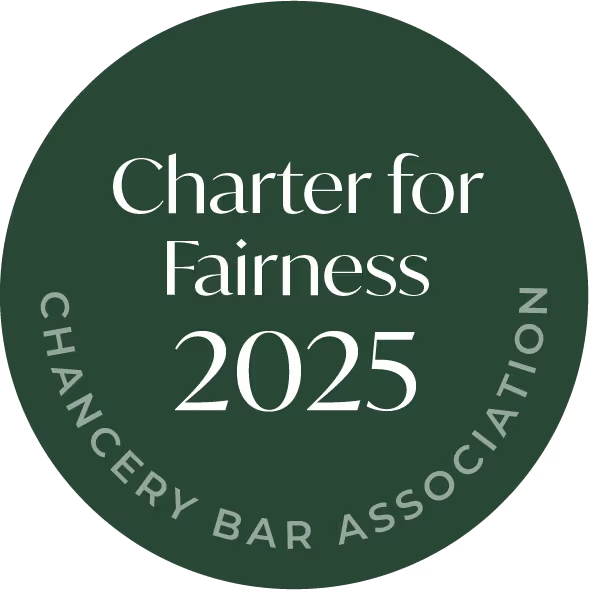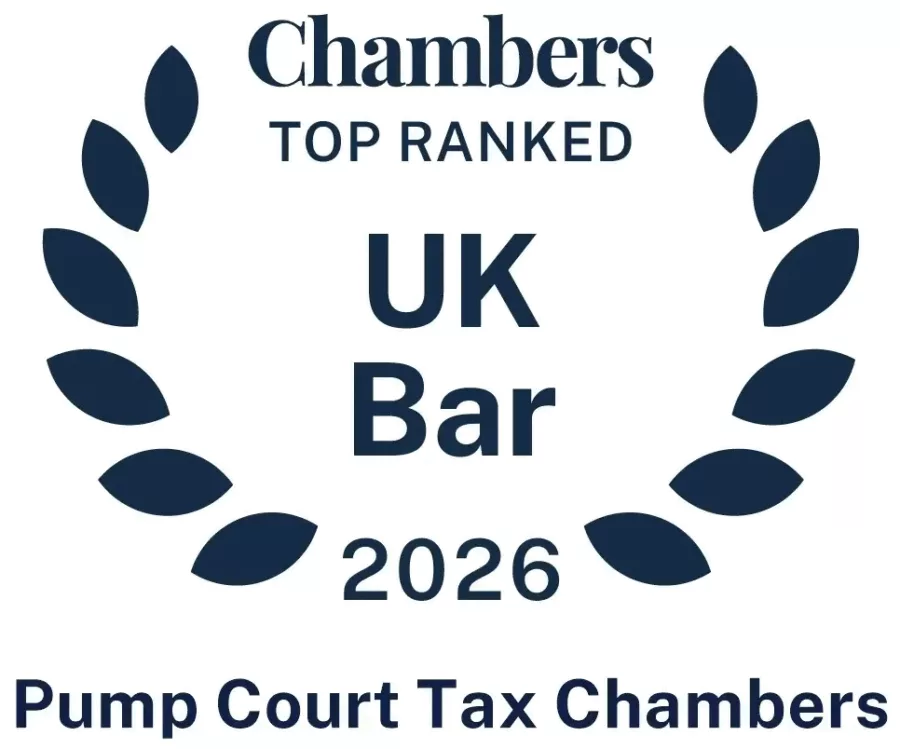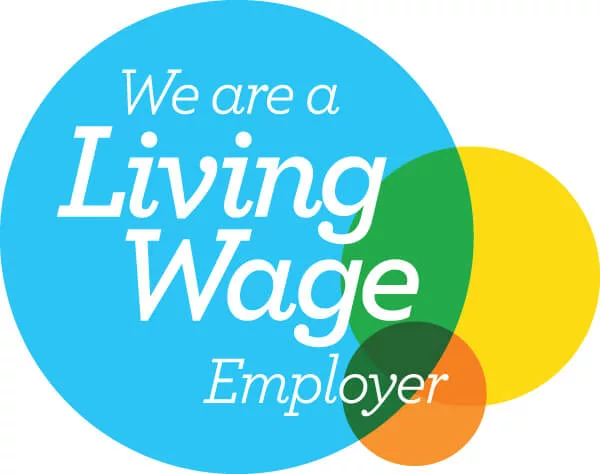David Yates KC, leading Emile Simpson, has successfully represented the taxpayer in Boulting v HMRC [2025] UKFTT 1272 (TC). Sadiya Choudhury KC and Ben Blades appeared for HMRC.
The case concerned whether capital treatment was available under s.1033 CTA 2010 for a purchase of own shares and in particular whether the purchase was made for the benefit of a relevant trade.
Section 1033 sets out various conditions which, if met, apply capital treatment to share buybacks carried out by UK resident companies. Such buybacks would otherwise be regarded as a distribution under s.1000 CTA 2010 and hence taxable as income under s.383 ITTOIA 2005. The only condition under s.1033 that was disputed by HMRC was under Condition A:
“the redemption, repayment or purchase is made wholly or mainly for the purpose of benefiting a trade carried on by the company or any of its 75% subsidiaries”
The taxpayer had in fact sought clearance from HMRC for the transaction under s.1044 CTA 2010 but HMRC revoked this on the basis that the clearance application had not disclosed what HMRC alleged was an excessive price paid for the shares. This revocation was unsuccessfully challenged in judicial review proceedings in Boulting v HMRC [2020] EWHC 2207 (Admin) on the basis that there was an “alternative remedy” in the form of the FTT appeal.
Before the FTT HMRC raised two main arguments:
- The purchase was motivated by remunerating the taxpayer’s historic risk and/or investment or, as the FTT put it, the taxpayer’s ego and vanity. The FTT rejected this, finding that the only purpose of the company was achieve the taxpayer’s exit. Whilst the company was aware of the taxpayer’s motivations, this was not the company’s purpose even though this might have been an effect of the buyback.
- The purchase price was excessive and so the purpose was to simply extract cash reserves. In submissions, whilst HMRC accepted that there had been a bona fide attempt at valuation by the company, HMRC still maintained that the price paid was indicative of a non-trade purpose.
The FTT rejected the argument that merely because the company’s valuation (before negotiation) was higher than that produced by the experts meant that one could infer a non-trade purpose. Further the FTT rejected the argument that because a minority discount was not used that this indicated a non-trade purpose. In particular, such an inference could not be sustained in light of the fact that both parties believed that they had to comply with a fair value provision in the shareholders’ agreement.
The FTT concluded the following:
“HMRC contended that a detailed consideration of the valuation exercise, compared to expert valuations, had to be undertaken in order to answer the question posed by statute: but the question posed by statute is, we consider, clear. That question is: what is the purpose of the share purchase. The question is not simply why the company paid £4.8m for eight shares; as set out above, that is a factor which may be relevant in considering the test but it is not the statutory test which needs to be applied.”
In other words, even if HMRC could have demonstrated that the company had “overpaid” for the shares this of itself was not sufficient to demonstrate that there was a non-trade purpose. The only purpose that the FTT found was one to benefit a relevant trade.
You can read the Boulting v HMRC decision here.
This content is provided free of charge for information purposes only. It does not constitute legal advice and should not be relied on as such. No responsibility for the accuracy and/or correctness of the information and commentary set out in the article, or for any consequences of relying on it, is assumed or accepted by any member of PCTC or by PCTC as a whole.









